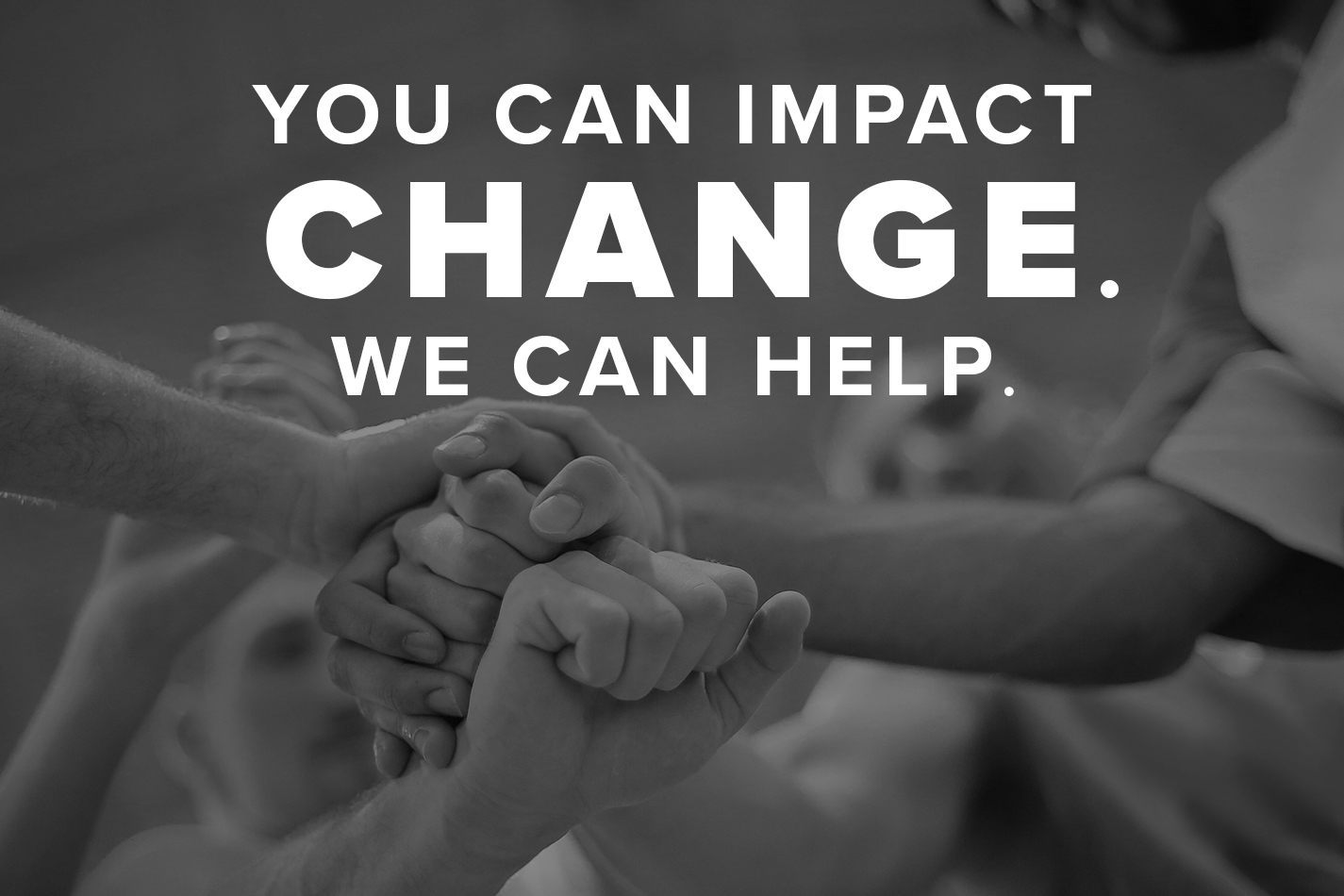Coaches are at the forefront of change in our society. The impact you have on student-athletes, fans, staff, and the community-at-large cannot be overstated. Now more than ever, your voice is needed to help elevate the conversation around diversity and racial equality. We at BSN SPORTS are here to help you do just that, by giving you the tools and resources you need to have those hard conversations—so you can drive change, and ultimately, bring your teams and community closer together.
One of these resources includes our recent webinar, “Culturally Competent Coaching for Generation Z’ers,” hosted by Dr. Kweku Ramel Akyirefi Smith. Dr. Smith is a Sport & Clinical Psychologist for the University of Wisconsin Athletics Dept., an award-winning author, motivational speaker, former consultant to the Milwaukee Bucks and Green Bay Packers, and an expert in Team Building, Diversity & Inclusion.
View the webinar now.
View Now
No time to watch? No problem! Below are some questions highlighted by your peers during the webinar. Use Dr. Smith’s answers to help you better prepare for future conversations with your team.
Culturally Competent Coaching for Generation Z’ers Q&A
Q: My program is in an overwhelmingly white, rural community. How do I invite all players to be their true selves without making the athletes feel singled out? How do we make these conversations sincere?
A: When having conversations with our players, there are a few things that you need to assess to be successful. One, you must understand the maturity of your players. Two, you need to understand the level of competence, and three, you need to understand the situations they have been in before. Once you have asked yourself these questions, you can begin an open dialogue and just create an environment in which they are comfortable and let it become part of your practice and your daily routine. Once created, you can discuss the 3 H’s.
Q: What are the 3 H’s?
A: Ask your players what makes them feel comfortable and discover the three Hs: Identify who was/is their hero, what was a highlight in their life, and what was a hardship. These questions will enable your players to tell their teammates/coaches parts of their lives that they may not have had the opportunity to do so before, leading others to connect with them and set the tone for further conversations. Overall, we cannot be afraid to have these conversations, but we have to say it in a setting that makes everyone feel comfortable. This way, what is heard can be acted upon.
Q: How do you deal with different perspectives or disconnect between players?
A: One way to improve disconnect is to share perspectives with one another and have an open dialogue. What you want to reach is civil discourse, meaning we can agree without being violently disagreeable. This enables us to view each other’s perspectives and see where others are coming from, but they can also see your side. This helps us “walk” in each other’s shoes.
Q: What can help foster conversations with our players?
A: The right time to have these conversations is now. One area that can help ease into these conversations is to pull from books and/or movies. Sometimes seeing things from a movie or reading a book can help us process and not feel attacked by an individual. They also help lead conversations; movies and books enable us to ask questions and get perspectives that we may not have seen or thought of previously.
Q: What is the “Speak Up” strategy?
A: When you hear something wrong, you have to speak up. The first step is to question the person, “what did you say?” because, in some instances, the individual may not have recognized what they said was offensive or insensitive. Then you can educate on what was insensitive or offensive. Then, have those around you echo that education or thought. This enables that individual to not feel picked on but rather educated by a few on the subject. Finally, after we echo, we want to interrupt them if they keep continuing the negative conversation. Overall, we need to be brave enough to confront these insensitive thoughts when we see them taking place to enable progress.


